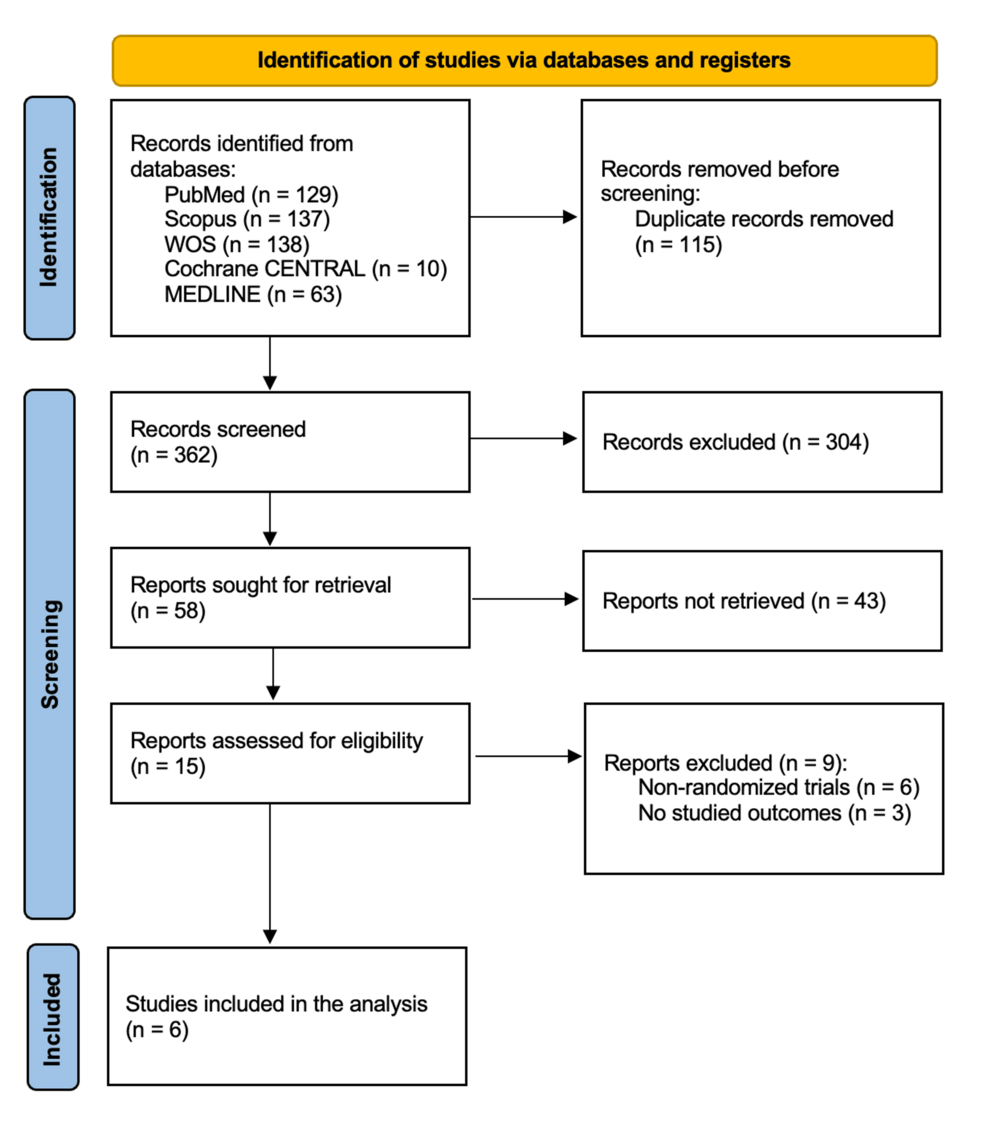Unlock the Editor’s Digest for free
Roula Khalaf, Editor of the FT, selects her favourite stories in this weekly newsletter.
Hassan Bourgi, co‑founder and chief executive of Djamo, is wrestling with a strategic choice. His company has become one of the leading credit card issuers in francophone Africa, but competition is intensifying.
Bourgi’s options are: double down on Djamo’s core Ivory Coast market to strengthen its position before expanding regionally; accelerate its entry into Senegal, Burkina Faso and Cameroon to capture first‑mover advantage; or launch new financial products such as micro‑lending, which could increase revenues but raise regulatory and credit‑risk concerns.
Choosing the wrong trade-offs could slow momentum in a market that is finally attracting global fintech interest.
After completing his master in management at Eada in Barcelona and later building and selling his successful start-up Busportal in Peru, Bourgi had returned to Ivory Coast in 2019. Here he found a banking system still designed for the few — more than 120mn adults across francophone Africa were unbanked or underbanked. Six years later, Bourgi and his business partner, Régis Bamba, had turned Djamo into the region’s largest card issuer, with more than 750,000 users and $4.5bn in transactions processed.
The region remains one of the least banked in the world. Fewer than a quarter of adults in francophone Africa hold a formal bank account, compared with more than 60 per cent in anglophone African countries. Yet mobile phone penetration exceeds 80 per cent and mobile money adoption has surged, creating a digital-first consumer base without traditional banking infrastructure.
For decades, banks focused on high‑income customers in urban centres, leaving younger and lower‑income populations to rely on cash or informal savings schemes. This created a vacuum that mobile money providers such as Orange Money and Wave partially filled.
The authors
Jordi Díaz is dean of Eada Business School; Daphne Halkias is dean of doctoral programmes at EIM — European Institute of Management; and Tatiana Harkiolakis is a research fellow at Ecole des Ponts ParisTech. They are co-authors of Digital Entrepreneurship and Disruptive Innovation (Routledge, 2025)
But for now, their role is largely limited to handling transactions, with little progress towards offering wider banking services. “People are not looking for a bank branch,” says Bourgi. “They are looking for a financial experience that fits in their pocket.”
Djamo — “hello” in an Ivorian dialect — launched with a simple but powerful proposition: an app‑based account designed to work on low-cost smartphones, linked to a Visa card with no maintenance fees. From the outset, the company prioritised two things traditional banks often underestimate: user experience and trust.
Unlike competitors that rely on third‑party logistics, Djamo built its own delivery network to hand customers their first card in person. This solved the “last mile” challenge and gave a human face to a digital journey. Word of mouth spread quickly. Within 18 months, the company scaled from 90,000 to 750,000 users, processing transactions worth billions of dollars.
Its success caught the eye of investors. Acceptance into Y Combinator — the Silicon Valley accelerator behind Stripe and Coinbase — validated Djamo’s model. In 2022 it raised $14mn in Series A funding, one of the largest amounts for a francophone African start-up. The money has been used to expand its engineering team and accelerate regional growth.
The company has since added savings, bill payments and peer‑to‑peer transfers, positioning itself not just as a card issuer but a financial platform, building the foundations of a “super‑app” for financial services.
Djamo’s rise has not gone unnoticed. Regional banks have reacted, creating digital divisions and mobile money providers have expanded their products. Wave, a Senegal‑based payments unicorn, is a powerful competitor.
Djamo remains focused, targeting millions of “bank‑ready” customers such as salaried workers, freelancers and young professionals who have outgrown mobile money but remain excluded from traditional banking. “The first step is to win the middle,” says Bourgi. “Once we have their trust, we can move further down the pyramid.”
His strategy is not without risk. Regulatory frameworks remain fragmented, and infrastructure gaps — from limited credit bureaus to uneven internet coverage — constrain growth. But Djamo’s model, which blends scale with local execution, offers a blueprint for navigating these limitations.
The bigger question is whether the company can become for francophone Africa what M‑Pesa is for anglophone Kenya: an indispensable financial layer woven into daily life. To do so, it will need to expand beyond Ivory Coast into other core markets such as Senegal, Burkina Faso and Cameroon while maintaining its focus on product simplicity and customer trust.
FT Executive MBA Ranking 2025

See the EMBA ranking and report.
The next frontier may be lending. With transaction data from hundreds of thousands of users, Djamo is in a strong position to underwrite small, short‑term loans — a move that could significantly deepen financial inclusion.
Djamo’s journey is emblematic of a broader shift in African fintech to solutions that reflect local realities. Its story underscores a lesson that many investors and incumbents are now learning: financial innovation in Africa will not come from importing western banking models, but from reimagining what finance looks like when built for the unbanked first.
If it succeeds, Djamo will be more than a fintech success story. It will show that francophone Africa, long overlooked in global finance, can serve as a proving ground for some of the most radical experiments in digital banking anywhere in the world. “We are not here to digitise the old system,” Bourgi says. “We are here to build a new one.”
Now consider . . .
-
What factors explain the historical under‑representation of francophone Africa in global fintech investment?
-
How should traditional banks respond to the rise of players like Djamo — through competition, collaboration or acquisition?
-
Should Bourgi go “deep” and secure his hold on the Ivory Coast market, go “wide” and expand into neighbouring markets or go “lateral” and diversify Djamo’s product portfolio?
-
Could Djamo become the Revolut of francophone Africa — a fintech growing into a full digital bank — or does its context demand a different playbook?
-
How should regulators support innovation while ensuring financial stability and consumer protection?








